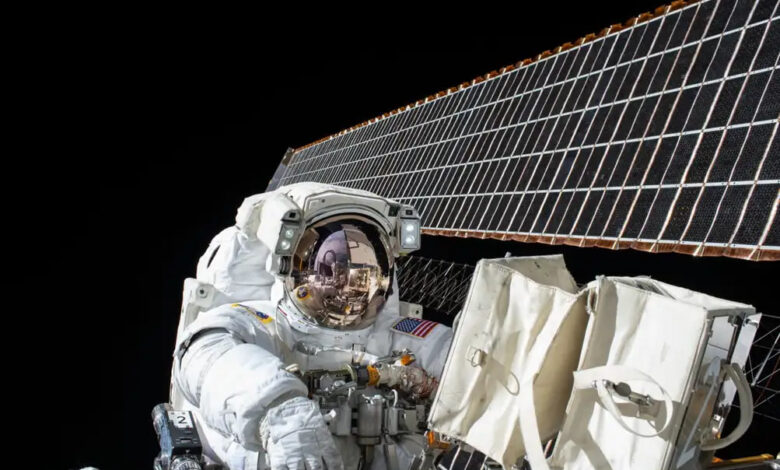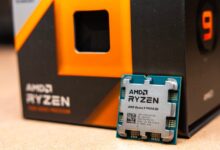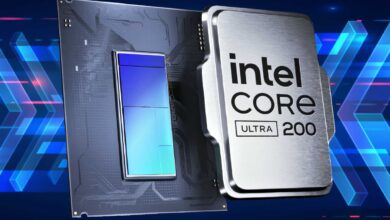
International Space Station (ISS) astronauts experienced a decrease in memory, concentration and processing speed after six months in space. This has raised concerns about the impact of cognitive impairment on future missions to Mars.
The unstable environment of space with low gravity, harmful radiations and the lack of regular sunrise and sunset can have significant effects on the health of astronauts; Including muscle breakdown and increasing the risk of heart diseases. However, the cognitive effects of long-duration space travel are less well documented.
According to New Scientist, Sheena Doo from NASA’s Johnson Space Center and her colleagues examined the cognitive performance of 25 astronauts during their time on the International Space Station. The team put the astronauts through 10 different sets of tests, both on Earth and aboard the International Space Station.
The tests were repeated once before the mission, twice during and twice after, in the interval of 10 to 30 days after returning to Earth. These tests measured specific cognitive abilities, including finding patterns on a grid to test “abstract reasoning” or choosing when to stop an inflating balloon before bursting to test “risk taking.”
Researchers found that astronauts on the ISS took longer to complete tests measuring processing speed, working memory and attention than on Earth; But their accuracy was the same as before. Although no overall cognitive deficits or lasting effects on the astronauts’ abilities were observed, some measures, such as processing speed, took longer to return to normal after returning to Earth.
Although the astronauts needed more time to make decisions, there was no change in their accuracy.
“Having clear data on the cognitive effects of space travel will be critical for future human spaceflights,” says Eliza Raffaella Ferre of Birkbeck University, London. “But before we can get a full picture of these effects, it is necessary to collect more data, both on the ground and in space.”








